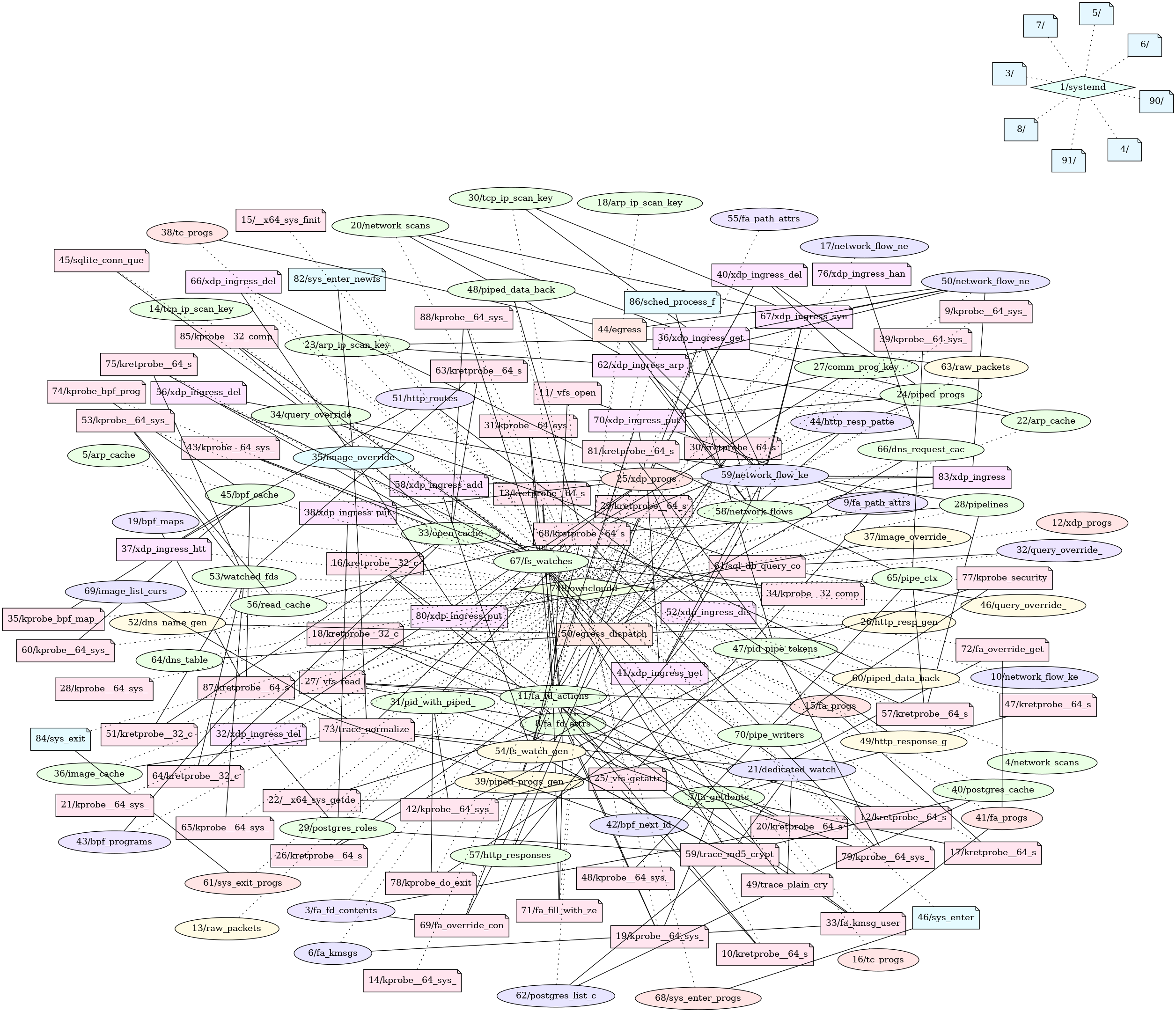Scudo, the Allocator (Part 1)
Binary Exploitation for Scudo Heap Allocator on Android
In this series of blog posts, we will investigate how an attacker may leverage the internals of the Scudo Allocator
in order to obtain an advantage on an Android OS. To that end, necessary prerequisites will be discussed and analysed for their likelihood. The focus will primarily be on malloc
and free
, although realloc
and other functions may also be of interest. According to source code
, the Scudo version considered in this blog is 161cca266a9d0b6deb5f1fd2de8ad543649a7fa1.

